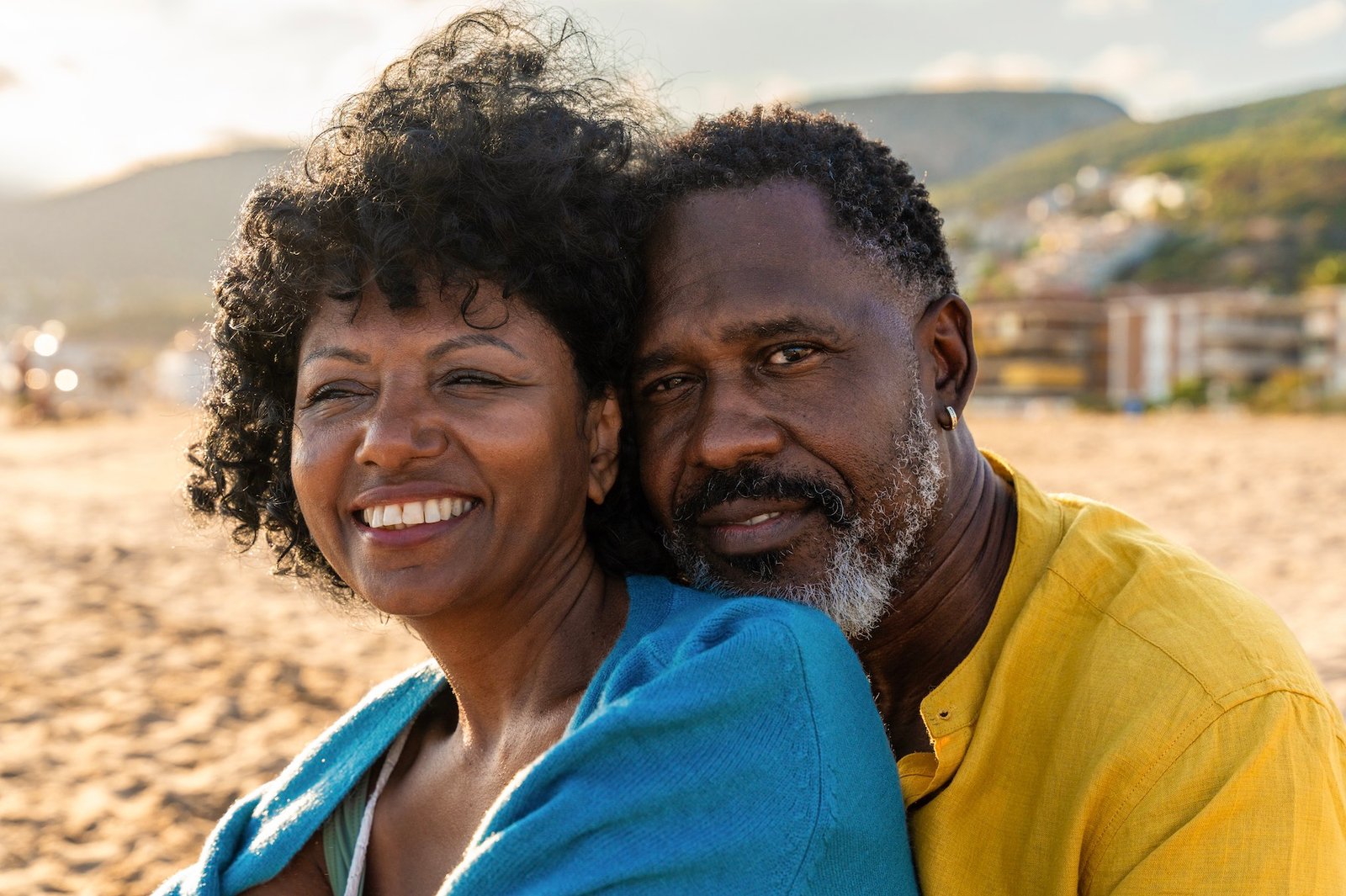What are the rights of a woman in customary marriage in South Africa?
In South Africa, women in customary marriages have specific rights protected under the Recognition of Customary Marriages Act (RCMA) of 1998. This Act was a significant step in improving the legal status of women in these marriages, providing them with rights and protections comparable to those in civil marriages. Here are some key rights of women in customary marriages:
- Equality Within Marriage: The RCMA stipulates that a customary marriage entered into after the commencement of the Act grants spouses equal dignity and rights during the marriage and at its dissolution. This is a fundamental shift from older customary practices where, traditionally, women often had fewer rights.
- Property Rights: By default, customary marriages are considered to be “in community of property,” meaning that all property and debts acquired from the start of the marriage are shared equally, unless a prenuptial agreement stating otherwise has been signed and registered. This protects the economic interests of women, who historically might have been disadvantaged upon the dissolution of a marriage.
- Rights Upon Dissolution: In case of divorce, women have the right to equitable distribution of assets. The dissolution process follows the same legal framework applicable to civil marriages, ensuring fairness and protection of each party’s rights. Women also have the right to claim maintenance for themselves and any dependent children.
- Protection Against Polygamy Without Consent: While polygamy is permitted under customary law, any further marriages that a husband wishes to enter into require the consent of the existing wife or wives. This aspect of the law ensures that the rights and opinions of the current wife/wives are respected.
- Protection from Domestic Violence: Women in customary marriages have the same protections against domestic violence as those in civil marriages. They can seek protection orders and the assistance of courts to address any form of abuse.
- Inheritance Rights: Upon the death of a spouse, women in customary marriages have the right to inherit from their spouses under the same rules as civil law marriages. This is significant, especially for women in previously unregistered marriages, who might have found it difficult to assert such rights.
- Rights to Matrimonial Home: Women have rights regarding the matrimonial home. Even if the home is not in their name, they cannot be arbitrarily evicted and have security of tenure.
- Rights to Participate in Decision Making: Women are entitled to participate equally with men in the decision-making processes within the family and the community concerning family affairs and property management.
The Recognition of Customary Marriages Act aims to respect and integrate the traditional practices of customary marriages with the principles of equality and non-discrimination enshrined in the South African Constitution, thereby bolstering the rights and protections of women within these unions.
Did You See These?
- Two Foreigners Getting Married in South Africa: Legal Guide
- Is it Legal to Marry Your Cousin in South Africa?
- Is the South African Position on Homosexuality based on Law or Morality?
- How do I prove my marriage is customary?
- Divorce Process in Unregistered Customary Marriage
- What is Lobola Money Used for According to the Law
- Is lobola a customary marriage in SA?
- Spousal Maintenance during marriage South Africa
Disclaimer
The content presented on this website was originally created by the team at Legal Advice. All information related to legal firms and legal matters is based on "User Submitted Data", and or publicly accessible data available from more than one online sources. Should you have any concerns or disputes about the information provided, please feel free to reach out to us at hello@legaladvice.org.za.

